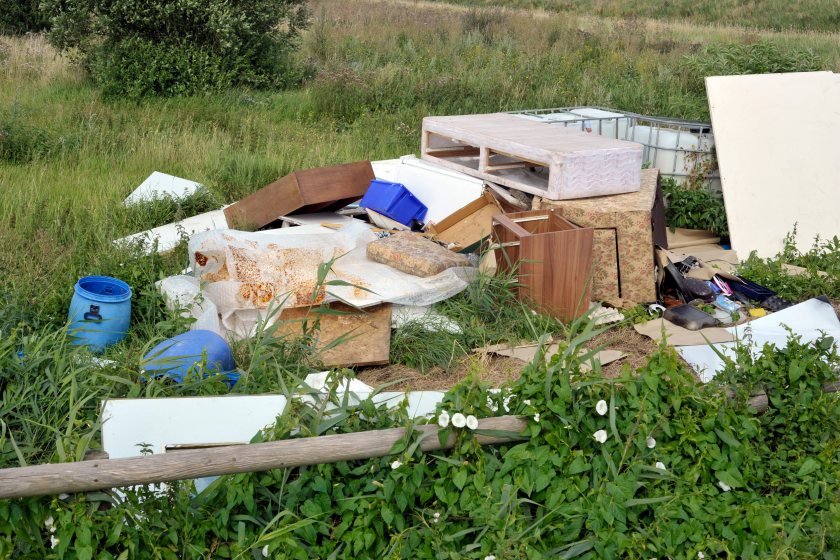Labour launches crackdown on fly-tipping and rogue waste operators

A major government crackdown on illegal waste operators has been launched, aimed at tackling rising fly-tipping and cleaning up rural areas across the UK.
The new measures will see councils working closely with police to identify, seize and crush vehicles used by waste criminals.
The government says it plans to slash red tape currently preventing councils from taking rapid enforcement action, including the destruction of fly-tippers’ vehicles.
Drones and mobile CCTV will also be used to identify and track vehicles involved in fly-tipping.
Under the proposed reforms, offenders operating illegally could face up to five years in prison.
Councils, which have traditionally borne the cost of storing seized vehicles, will soon be able to shift these costs onto the offenders.
Defra Secretary Steve Reed said: “Waste criminals and fly-tippers who blight our towns and villages have gone unpunished for too long.
"That ends today. The government is calling time on fly-tipping. I will not stand by while this avalanche of rubbish buries our communities."
Councils across the country dealt with well over 1 million fly-tipping incidents on public land alone last year, a rise of 6%.
Rural campaigners frequently point out that many fly-tipping incidents occur on private land, painting an even more damaging picture of the financial burden and environmental impact it brings.
Just last month, a Hertfordshire farmer was forced to pay out thousands of pounds after clearing 40 tonnes of illegally dumped waste from her land.
To support enforcement, the Environment Agency will conduct identity and criminal background checks on waste sector operators and will receive increased resources to police the industry.
This will be funded through permit fees, reducing the cost to the public while giving regulators the power to revoke permits, issue enforcement notices, and impose fines.
Victoria Vyvyan, president of the Country Land and Business Association (CLA), welcomed the new crackdown, as action was "badly needed" from the government.
She said: "The number of incidents is rising, but enforcement actions, fixed penalty notices and total number of court fines are all down year-on-year. This cannot go on.
“Some local authorities are already seizing vehicles of fly-tippers, but last year two councils accounted for more than 60% of seizures.
"These powers need to be used much more widely to send a serious message to these environmental criminals."








